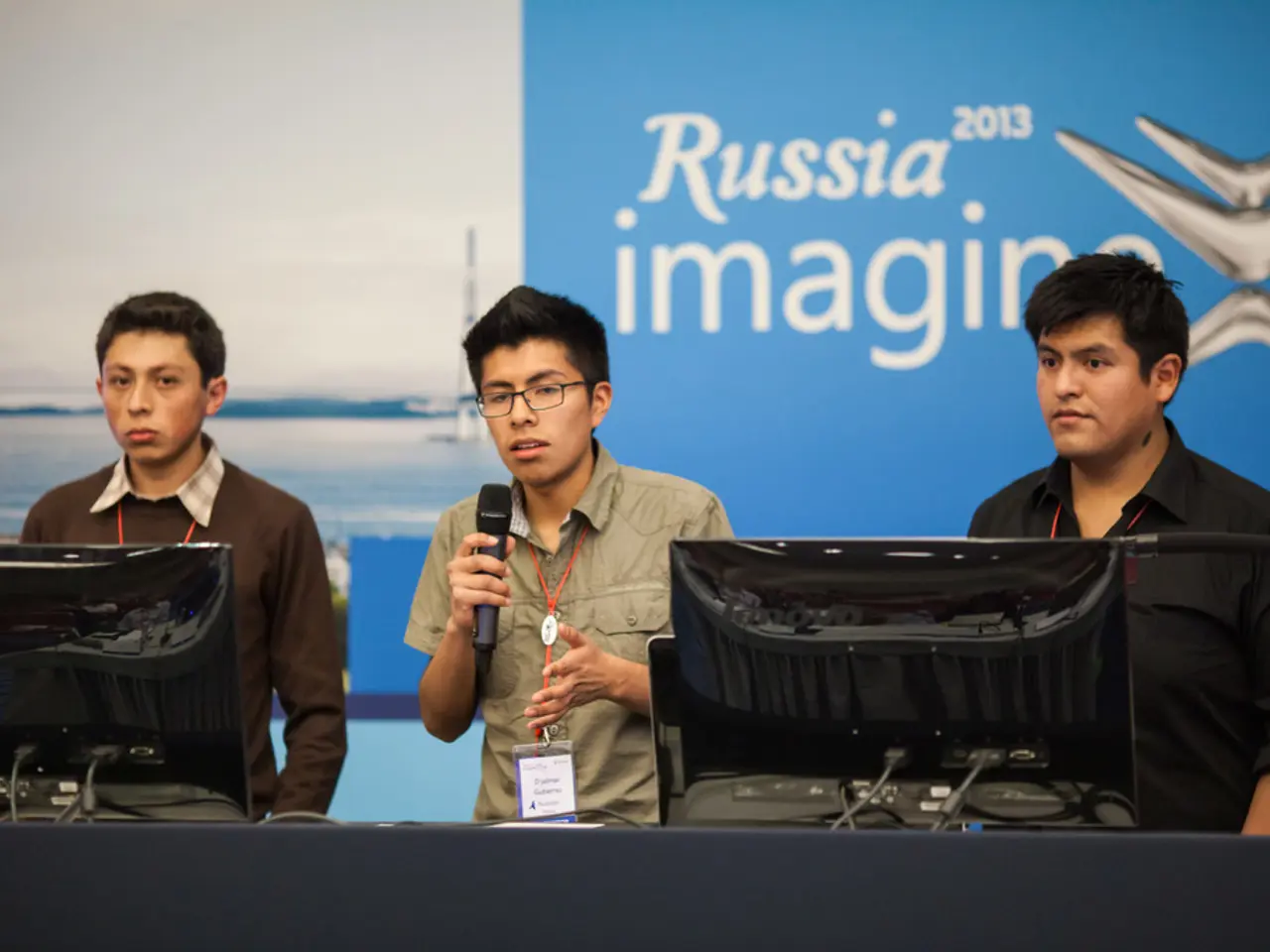Understanding TikTok's algorithm, upcoming challenges in US-China negotiations related to TikTok
In a significant turn of events, U.S. and Chinese officials have announced a framework agreement for TikTok to transition to U.S.-controlled ownership. The announcement follows trade talks in Madrid and brings the popular social media app one step closer to a new era of ownership.
According to reports, the deal is expected to be similar to the one outlined in April, with a new U.S.-based firm majority-owned and operated by U.S. investors. The precise structure of the new expected ownership remains unclear, but a consortium of US investors led by Oracle, Silver Lake, and Andreessen Horowitz is rumoured to take 80% ownership in the new US TikTok subsidiary, while China retains only a 20% minority stake.
Chinese authorities have expressed strong reluctance to allow the export of TikTok's recommendation algorithm, which is widely seen as ByteDance's most valuable asset. However, the agreement includes a provision for entrusting a partner with handling U.S. user data and content security.
The Supreme Court has ruled that the law passed last year does not violate the U.S. Constitution's First Amendment protection against government abridgment of free speech. The 2024 law was enacted due to fears that the app's user data could be accessed by the Chinese government and allow Beijing to spy on Americans or conduct influence operations.
Attorney General Pam Bondi sent letters to Apple, Google, and other companies in February, relinquishing any claims for potential violations of the law. TikTok has said that the U.S. never presented evidence that China has attempted to manipulate content on its U.S. platform.
The agreement is scheduled to be confirmed in a call between U.S. President Donald Trump and Chinese President Xi Jinping on Friday. Any agreement could require approval by the Republican-controlled Congress, which passed a law in 2024 requiring ByteDance to divest TikTok or face a ban in the U.S. If Congress rejects the latest agreement, Trump may have limited recourse.
A recent Pew Research Center survey found that about one-third of Americans support a TikTok ban, down from 50% in March 2023. Roughly one-third of Americans oppose a TikTok ban, and a similar percentage are unsure. Among those who support a TikTok ban, about eight in ten cite concerns over users' data security as a major factor.
Trump has amassed more than 15 million followers on TikTok since he joined last year and has credited the platform with helping him gain traction among young voters. The President's continued presence on the app, despite ongoing concerns over its ownership and data security, has been a topic of debate among political commentators.
The final deal's confirmation could mark a significant milestone in the ongoing saga of TikTok's U.S. operations. As the negotiations continue, the future of the popular social media app remains uncertain, with potential implications for user privacy, free speech, and geopolitical relations.
Read also:
- EA Relies on Madden and Battlefield to Drive Microtransactions Recovery
- Expense for Creating a Digital Platform for Fantasy Sports
- AI-Enhanced Battery-Swapping Station in Southeast Asia Officially Opens Its Doors
- Honda unveils blueprint for design, advanced driver assistance systems, electric vehicles, fuel efficiency, and technology development







